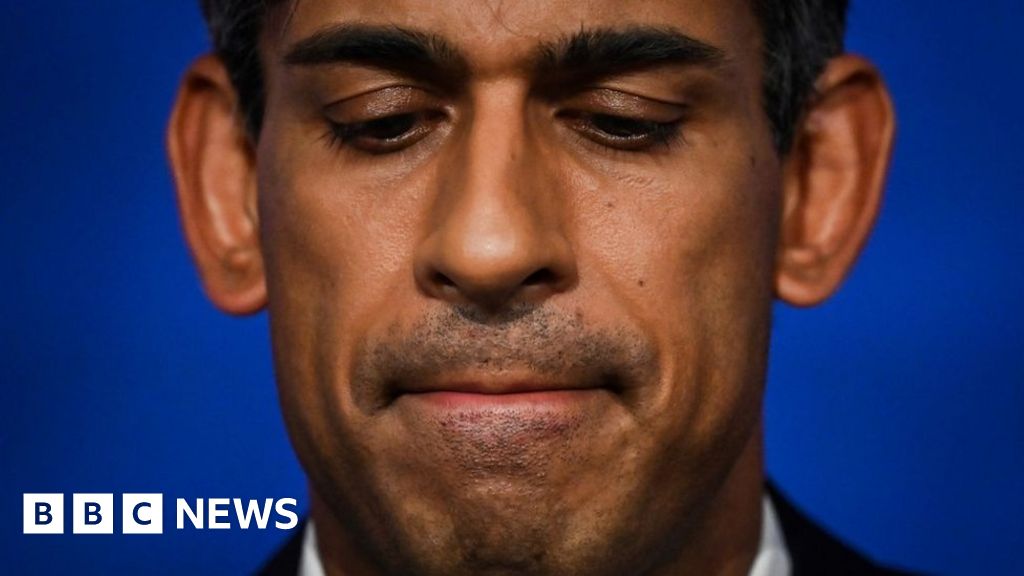Rishi Sunak’s decision to extend some of the UK’s net zero deadlines has proved – perhaps predictably – rather divisive.
The prime minister said he was putting “the long-term interests of our country before the short-term political needs of the moment”.
Supporters say the planned green policies, including a 2030 ban on new petrol cars, would have hit people too hard financially, especially in such inflationary times.
Supporters say the planned green policies, including a 2030 ban on new petrol cars, would have hit people too hard financially, especially in such inflationary times.
Even some of Mr Sunak’s own MPs have warned that backtracking could cost jobs and push up energy bills in the future.
So will the changes mean more money in people’s pockets, as Mr Sunak’s supporters claim? And what does a slower move to net zero mean for the UK economy?
Mr Sunak says that “some of the things that were being proposed” – such as bans on new petrol and diesel cars and new gas boilers – “would have cost typical families upwards of £5,000, £10,000, £15,000”.
However the Energy and Climate Intelligence Unit (ECIU), an independent think tank, has pointed out that no one was being forced to take up these measures immediately.
Rishi Sunak’s decision to extend some of the UK’s net zero deadlines has proved – perhaps predictably – rather divisive.
Supporters say the planned green policies, including a 2030 ban on new petrol cars, would have hit people too hard financially, especially in such inflationary times.
The prime minister said he was putting “the long-term interests of our country before the short-term political needs of the moment”.
Even some of Mr Sunak’s own MPs have warned that backtracking could cost jobs and push up energy bills in the future.
Supporters say the planned green policies, including a 2030 ban on new petrol cars, would have hit people too hard financially, especially in such inflationary times.
Supporters say the planned green policies, including a 2030 ban on new petrol cars, would have hit people too hard financially, especially in such inflationary times.
Even some of Mr Sunak’s own MPs have warned that backtracking could cost jobs and push up energy bills in the future.
So will the changes mean more money in people’s pockets, as Mr Sunak’s supporters claim? And what does a slower move to net zero mean for the UK economy?
Mr Sunak says that “some of the things that were being proposed” – such as bans on new petrol and diesel cars and new gas boilers – “would have cost typical families upwards of £5,000, £10,000, £15,000”.
However the Energy and Climate Intelligence Unit (ECIU), an independent think tank, has pointed out that no one was being forced to take up these measures immediately.
#Net #Rishi #Sunak039s #climate #policies #save #money
Note:- (Not all news on the site expresses the point of view of the site, but we transmit this news automatically and translate it through programmatic technology on the site and not from a human editor. The content is auto-generated from a syndicated feed.))



